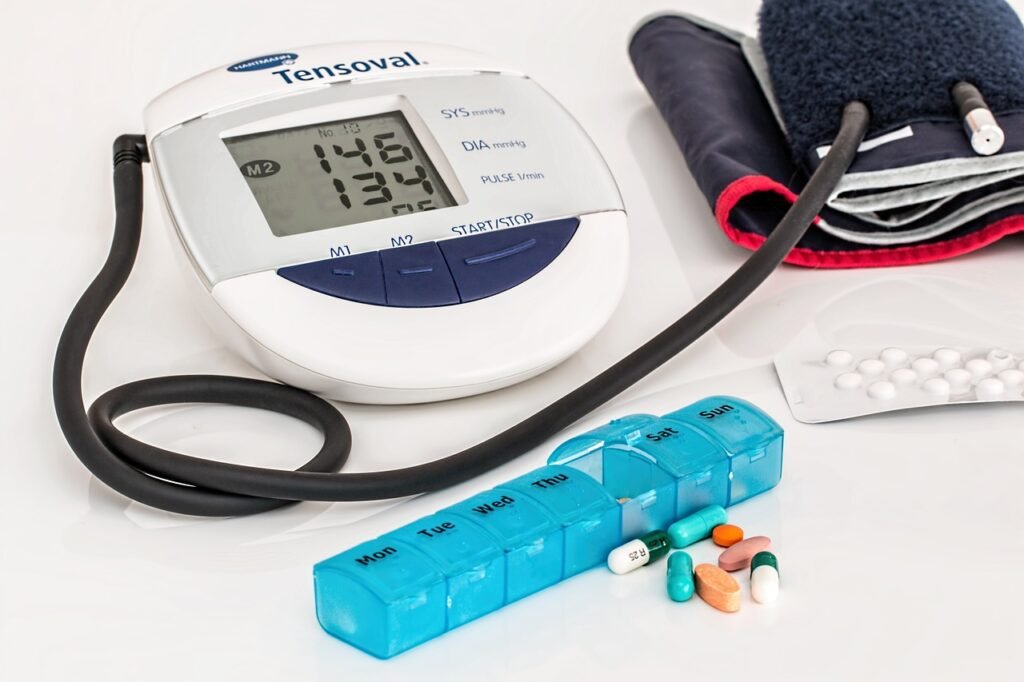7 Benefits Of Walking 30 Minutes Daily (Surprising Results)
What are the benefits of walking 30 minutes daily?
There are many reasons people commit to walking 30 minutes daily—whether it’s to start a health journey, lose weight, boost mental health, or for other reasons, walking offers numerous benefits. Make walking a part of your daily routine. Here are seven incredible benefits of walking 30 minutes daily:

1. Supports Weight Loss
For those who are overweight or obese, walking is an excellent form of exercise that stimulates metabolism and burns excess energy in the body, thus supporting weight loss and reducing body fat. Walking 30 minutes every day for six consecutive months can help you lose 5 to 10% of your body weight. To enhance weight loss, combine it with a suitable diet, and consider incorporating other forms of exercise to increase calorie burning.

2. Strengthens Bone Health
Walking is an activity that involves joint movement, helping to maintain bone health and potentially reducing the risk of osteoporosis. Walking also improves core strength, increases stability, and enhances balance to prevent falls as you age. The Arthritis Foundation recommends walking at least 30 minutes daily to reduce pain or arthritis symptoms.
3. Improves Mood
According to experts, evening walks release endorphins, serotonin, and dopamine in the brain, which help reduce stress, fatigue, and uplift the spirit. Getting up and moving helps eliminate feelings of fatigue and low energy, which can contribute to overall depression.
Another study showed that young people who took a 10-minute walk reported a significant improvement in mood compared to those who remained sedentary.
4. Good for Cardiovascular Health
Walking regularly every day helps improve blood circulation, lower blood pressure, and reduce cholesterol levels, thereby reducing the risk of cardiovascular diseases. Studies have also shown that the formation of blood clots is lower in people who walk regularly than in those who do not, thereby reducing the risk of heart attacks.
According to the U.S. Centers for Disease Control and Prevention (CDC), walking every day can lower total cholesterol by 10% and reduce the risk of heart disease by up to 30%. Additionally, those who walk 30 minutes daily for four consecutive months have been recorded to have significantly reduced blood pressure levels.
Young people with sedentary jobs are advised to spend about 30 minutes a day walking, which will help blood vessels become more elastic and reduce the risk of vascular rupture.

5. Boosts Immunity Against Disease
Regular walking also helps strengthen the body’s immune system by reducing inhibition and stress, while improving the immune system’s function. This allows your body to effectively combat infectious diseases and other health conditions.
Research has shown that people who walk regularly have fewer flu occurrences compared to those who do not exercise. Additionally, if they do catch the flu, those who engage in physical activity experience milder symptoms and recover more quickly.
6. Walking Can Improve Your Sleep
Besides helping to relax your mind and improve your mood, walking also helps your body relax and improves blood circulation. This leads to better and deeper sleep each night. Sometimes insomnia is caused by restlessness or pent-up energy. Walking 30 minutes daily can reduce the likelihood of these issues.

7. Enhances Memory
Some studies have indicated that regular walking also enhances cognitive abilities and creative thinking, increases concentration, improves learning capabilities, and boosts memory.
Memory lapses, temporary memory loss, or Alzheimer’s disease in the elderly can be improved with three weekly walking sessions. Regular walking also helps enhance overall health and mental well-being. Moreover, stress, fatigue, and lack of concentration diminish as endorphin levels remain high.
To achieve these health benefits, try to walk for at least 30 minutes as briskly as possible on most days of the week. Moderate activities like walking pose little health risk, but if you have any medical conditions, consult your doctor before starting any new physical activity program.

